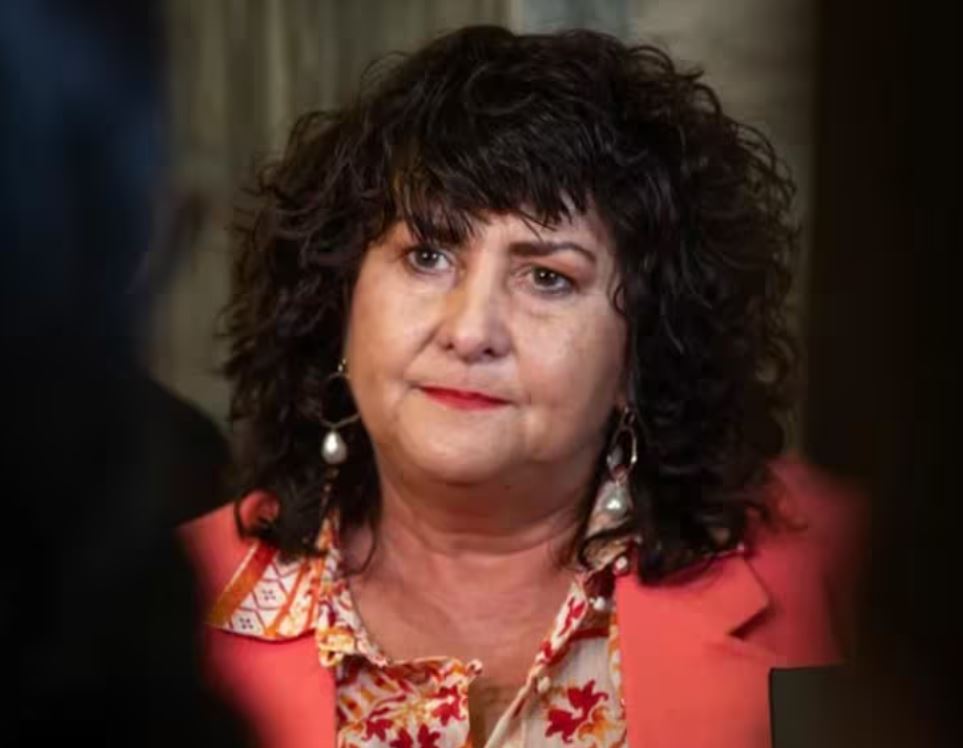Chief Ombudsman Orders Apology Over Mishandling of OIA Requests
Chief Ombudsman Judge Peter Boshier has mandated that Associate Minister of Health, Mary Costello, apologize to RNZ and Otago University Professor of Public Health, Janet Hoek, for her improper handling of Official Information Act (OIA) requests. This decision follows Boshier’s ruling that Costello’s actions in withholding information were “unreasonable and contrary to law.”
Background and Investigation
Costello faced intense scrutiny after RNZ reported discrepancies between her public statements on tobacco and vaping policy and the official documents she had sent to health officials. In December, RNZ requested all documents related to tobacco control and vaping policy from Costello under the OIA. Costello refused to release any documents, citing a clause protecting confidential advice.
RNZ sought the Ombudsman’s intervention, which led to an investigation revealing significant concerns about Costello’s handling of the information. Boshier found that Costello’s scoping of the requests was “inadequate and incomplete,” failing to account for a large volume of relevant information. Additionally, she did not provide the Ombudsman with un-redacted information necessary for the investigation and offered no explanation for her decision-making process regarding the requests.
Findings and Consequences
The Ombudsman’s ruling will serve as a precedent for future OIA request handling. Boshier insisted the ruling be published as a “case note” under the authority of the Ombudsmen Rules 1989. He directed Costello to reassess the OIA requests from RNZ and Hoek and to issue written apologies for the deficiencies identified.
Costello has since issued a written apology to RNZ, acknowledging that her actions were “flawed” and did not meet the transparency standards expected of the government. She attributed the mishandling to her office being in a “transitional state” at the time of the request and assured that her office is now better equipped to manage OIA requests.
Parliamentary and Public Fallout
Earlier this year, Costello faced significant pressure in Parliament following multiple revelations that contradicted her public statements. In January, when RNZ asked if she was considering a three-year freeze on tobacco excise, Costello denied any discussions on the matter. However, a Health Ministry document indicated that she was indeed proposing such a freeze.
Costello has led efforts to replace Labour’s smokefree laws, which include reducing tobacco retailers, lowering nicotine levels in cigarettes, and creating a smokefree generation by banning sales to those born after 2009. Despite this, she claimed ignorance of a document from her office suggesting ideas for new laws, including the excise tax freeze and the assertion that nicotine is no more harmful than caffeine. Costello described the document as an “extraction of a whole lot of historical documents,” compiled by an unknown individual.
The Chief Ombudsman’s ruling and Costello’s subsequent apology highlight the importance of transparency and accountability in government decision-making, especially on critical public health issues. SOURCE : RNZ


